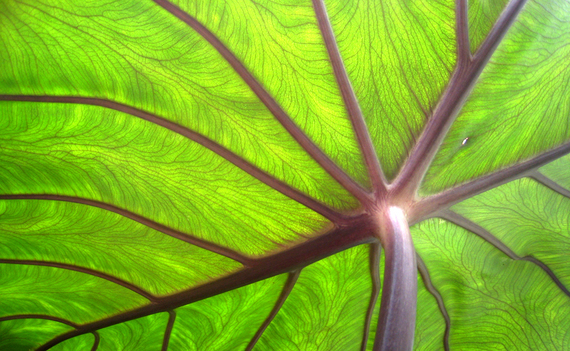Seven days; lots of science in the news. Here's our roundup of the week's most notable and quotable items.
Scientists captured the first microscopic images of photosynthesis in action, showing a clump of proteins called photosystem II splitting water molecules into electrons, protons, and oxygen. Vials of smallpox virus turned up unexpectedly in an old unsecured laboratory fridge in Maryland. Cosmic dust is forged in supernovas.
Researchers counted polar bears from space, discovered the fossilized remains of a bird with a 21-foot wingspan -- making it the biggest bird ever to fly -- and found a "sheet-like structure" inside the brain that seems to function as an on/off switch for consciousness. High energy cosmic rays may come from a "hotspot" outside our galaxy. Teen pregnancy rates in Colorado and child obesity rates in New York City are on the decline; maternal death rates are up in Detroit.
A mantis shrimp's eyes contain a natural sunscreen compound that helps them see ultraviolet light. The two most distant stars in the Milky Way galaxy scientists have been able to find so far, ULAS J0744+25 and ULAS J0015+01, lie 775,000 and 900,000 light years from Earth, respectively. The Pentagon is funding research into implantable devices that could restore lost short-term memory function to people with epilepsy or traumatic brain injury.
North America's largest salamander, the eastern hellbender, is disappearing. Federal approval of a planned commercial spaceport in Midland, Texas is being held up over concerns that the resulting sonic booms would disrupt the mating habits of the lesser prairie chicken. A suddenly popular notion that global warming would be an extinction event for redheads -- promulgated by British tabloids but based on bad science -- was debunked, but we can expect more kidney stones.
______________
"This Week In Science" is presented by the World Science Festival, an annual celebration of science in New York City. To see engaging scientific conversations, learn about new discoveries and more, check out the Festival website.
